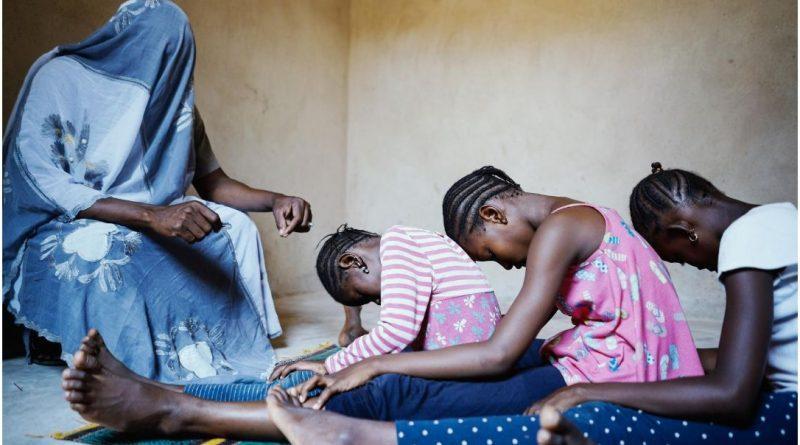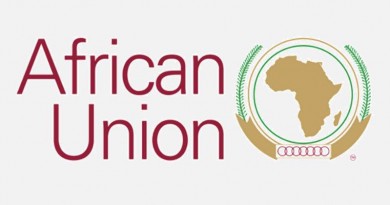UK statement on the elimination of Female Genital Mutilation
The UK’s Permanent Representative to the UN in Geneva, Ambassador Simon Manley, delivered a statement explaining the UK’s position ahead of the adoption of a resolution on the elimination of Female Genital Mutilation (‘FGM’).
Thank you Mr President, The United Kingdom would like to make an Explanation of Position on document L.15. We would like to thank the African Group for presenting this important initiative on the Elimination on Female Genital Mutilation to the Human Rights Council.
FGM is one of the most extreme manifestations of gender inequality – it violates, abuses and undermines the human rights of women and girls. It is a deeply embedded practice motivated, perpetuated and held in place by discriminatory social norms it simply cannot be justified on religious or cultural grounds.
We commend the African Union’s efforts to end FGM. Ending FGM is a key part of my Government’s commitment to gender equality, to girls’ education, women’s and girls’ sexual and to reproductive health and rights. Central to these commitments is the need to end preventable deaths of mothers, newborns and children.
Which is precisely why we regret that the draft resolution does not adequately recognise FGM as a form of gender-based violence and discrimination against women and girls. Nor does the text reflect the need for States to adopt a gender-responsive approach to prevent sexual and gender based violence, including FGM.
We are also disappointed with the deletion of long-standing agreed language from this Council, from the UN General Assembly and even from the Sustainable Development Goals. These deletions represents a step backwards on 30 years of progress in this field.
For these reasons we are not able to co-sponsor this text. However, the eliminating FGM around the world remains a priority for my country and we will join consensus. We are fully committed to participating in future negotiations on this issue with the main sponsors of this resolution.




